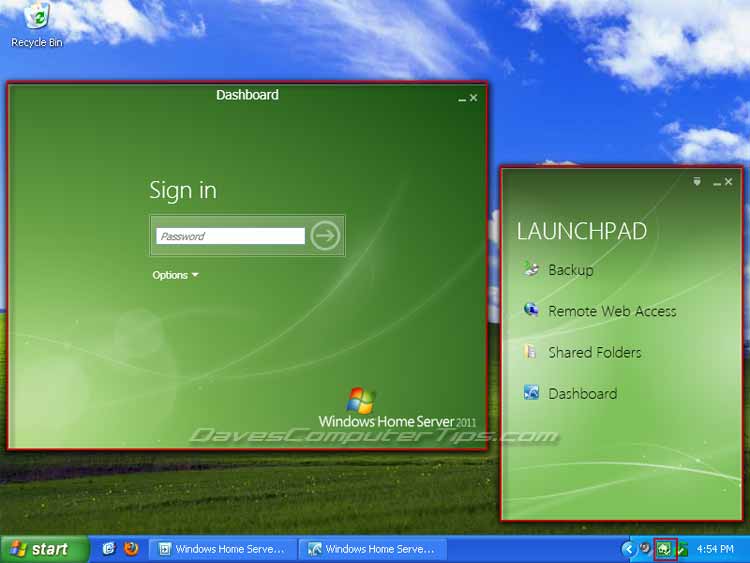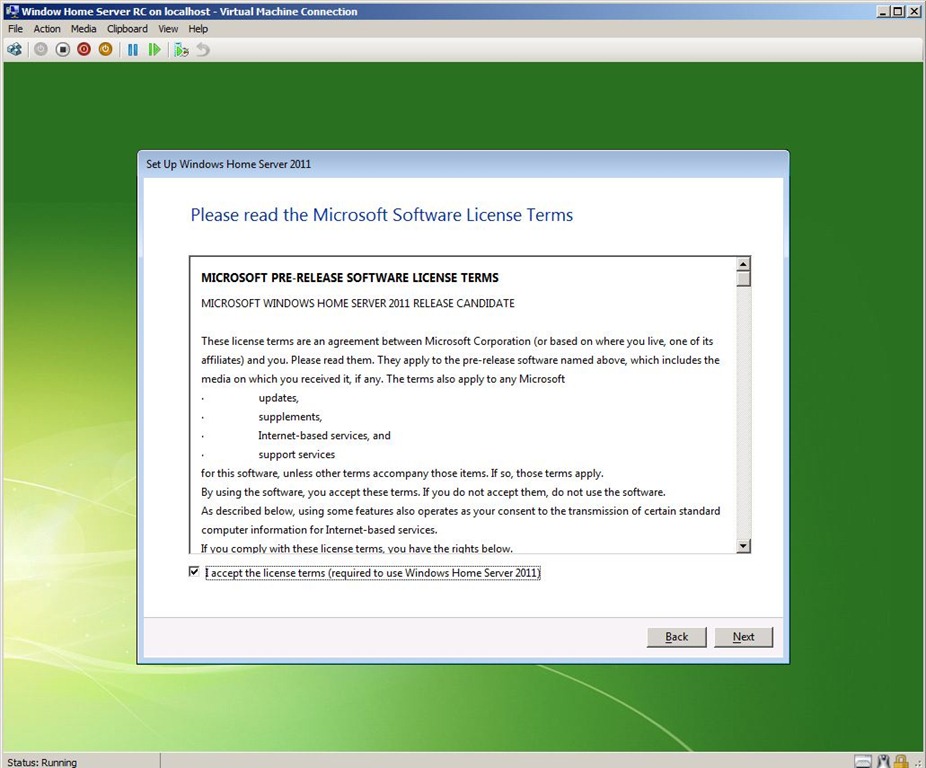

- Alternatives to windows home server 2011 software#
- Alternatives to windows home server 2011 plus#
- Alternatives to windows home server 2011 free#
Arguably the most significant feature of Windows Home Server, now gone.

"Until now," because Microsoft has just announced that Vail will no longer include Drive Extender. Vail betas have, until now, also included a new and improved Drive Extender-one designed to make this key feature more robust and reliable. It is intended to give Windows Home Server richer backup capabilities, and to make it more extensible and simpler to set up and use. Windows Home Server version 2, codenamed "Vail," is currently in development. With RAID, you can't simply add another disk whenever you need more space. This is why RAID, though common in corporate environments, isn't an viable solution for most home users. A home server as originally envisaged by the Windows Home Server team should have, in essence, infinite storage, and storage that should be transparently extensible. Indeed, Drive Extender was fundamental to the home server concept.

Without Drive Extender, Windows Home Server as a product makes a lot less sense. It's what makes Windows Home Server something better than simply plugging some USB disks into a PC.
Alternatives to windows home server 2011 free#
It allows simple ad hoc expansion of storage-no RAID rebuilding, no need to match disk capacities, no need to stick to any drive interface-and does so without the inconvenience of multiple drives, each of which has to have its free space managed manually.įor Windows Home Server's small, but vocal, following, Drive Extender is arguably the most important feature. Folders on the pooled storage could also be selectively replicated, meaning that Drive Extender would ensure that copies of the files were found on multiple physical disks.įor a home fileserver, this is obviously a very handy capability. Conceptually, Drive Extender is quite simple: it allows multiple hard disks (regardless of interface or size) to be aggregated to provide a single large pool of storage. It does, however, have one special feature, a feature without any real equivalent in any other version of Windows, whether for desktop or for server. Much loved by its users, but never really making it as a mass-market success. As a result, Windows Home Server has remained a niche product. Windows Home Server does have some advantages-it had a management front-end that let the server be easily controlled remotely, and it is based on Windows Server 2003 to slim down its own hardware demands-but for the most part, it isn't doing anything too unusual. In practice, most of these things can be done perfectly well with a normal desktop version of Windows. We'd use these home servers as a place to back up our PCs, share files and printers across our home networks, stream media to our Xboxes, and gain remote access to our files when away from home. The company's ambition when developing the product was to have us all run little home servers: small, low-power, appliance-like machines with some network connectivity and gobs of storage.
Alternatives to windows home server 2011 plus#
If you really want Windows or to build your own look at a true hardware RAID card (not cheap) plus RAID 6 for your environment at a minimum.Microsoft's Windows Home Server is a funny little product. If you aren't a storage engineer, start with an appliance. It's like a textbook example of a perfect storm of bad storage decisions coming together.
Alternatives to windows home server 2011 software#
Combining Windows software RAID with RAID 5 with cheap consumer SATA drives is a planned disaster. It's not horrific, but it isn't impressive. At worst it is like throwing your data away.Īlso, Windows RAID is considered the worst mainstream RAID around. This is separate from your question but needs to be addressed. It is too expensive to use safely to ever use with hard drives. Any situation where RAID 5 beats out safer alternatives it loses to RAID 0. It's not good for labs, not good for production. Standard Caveat: There is no condition under which RAID 5 should be used.


 0 kommentar(er)
0 kommentar(er)
